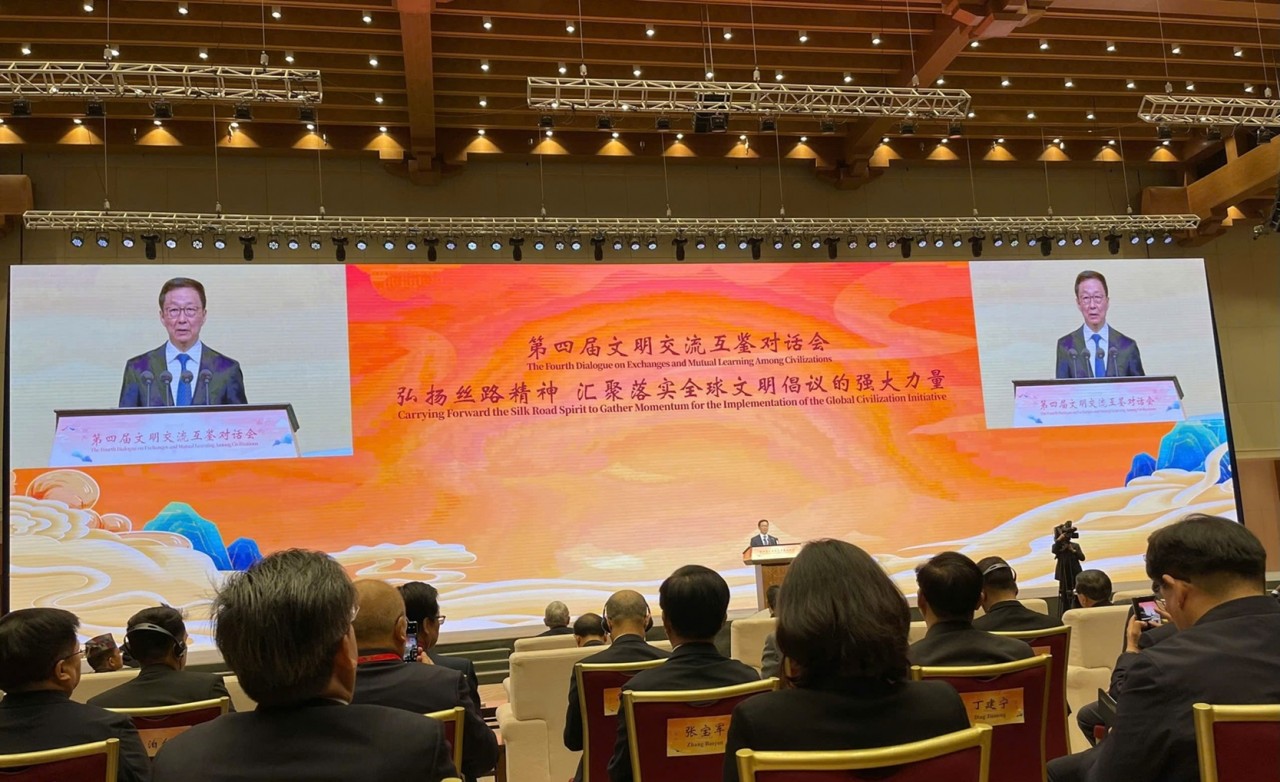Increasing Opportunities to Export Goods to Nigerian Market
 |
| Nigeria removed foreign currency exchange restrictions on 43 imported products and created opportunities for Vietnamese goods. Photo: VNA |
The Vietnam Trade Office in Nigeria said that on October 12, the Central Bank of Nigeria announced the removal of the foreign exchange restriction policy for 43 items imported into Nigeria.
"This move will help Nigerian importers diversify their foreign currency supply to serve payment needs in international transactions, thereby promoting import activities of goods from countries around the world, including Vietnam," according to the Central Bank of Nigeria.
According to the Central Bank of Nigeria, the country's domestic manufacturing industry will achieve positive impacts, as input materials have lower costs and consumers benefit from cheaper retail products.
This policy is consistent with a unified foreign exchange market and will have a positive effect on inflation.
Previously, on June 23, 2015, the Central Bank of Nigeria issued a policy to restrict foreign exchange, including a list of 41 items that are not eligible for foreign exchange in the Nigerian market.
In the following years, two more products were added to this list, bringing the total number of illegal items for foreign exchange in the Nigerian foreign exchange market to 43.
According to the provisions of Circular TED/FEM/FPC/GN/01/010, Nigerian businesses are restricted from exchanging foreign currency through official financial/credit channels (licensed commercial banks and credit institutions) to import the 43 items mentioned above.
Therefore, to have a source of foreign exchange for imports, importers had to look to the parallel market. This causes the demand for foreign exchange on the parallel market to increase thereby weakening the exchange rate in the market and pushing prices up. Foreign exchange restrictions also have negative impacts on inflation, causing commodity prices to increase.
With the removal of the above regulation, the Central Bank of Nigeria wishes to promote order and professional conduct of all participants in the Nigerian foreign exchange market, ensuring the exchange rate is determined by market factors and according to the principle of mutual buying and selling between buyers and sellers.
Besides, the goal of this policy is a unified foreign exchange market with flexible and transparent prices, ensuring price stability and increasing liquidity in the foreign exchange market. When liquidity improves, market uncertainties will be reduced.
 | EVFTA Facilitates Vietnamese Goods' Entry Into French Market Following a series of promotion activities, image-building, and consumer-orienting efforts carried out by the Vietnam Trade Office, Vietnam's products have gradually gained footholds and recognition ... |
 | Amazon: Export Value of Vietnamese Businesses Elevated by 50% At the Amazon's Cross-border E-Commerce Conference held on October 17 in Hanoi, Vietnamese businesses were praised for effectively promoting retail exports through e-commerce. |
 | Leveraging EVFTA to Boost Coffee Export Growth Since the EU - Vietnam Free Trade Agreement (EVFTA) took effect, Vietnam's coffee industry has continuously boosted exports to the EU as many businesses have ... |
Recommended
 Focus
Focus
Vietnam Leaves Imprints on the World Peacekeeping Map
 Friendship
Friendship
VUFO Attends Fourth Dialogue on Exchange and Mutual Learning among Civilizations
 Focus
Focus
Strengthen Solidarity and Friendship Between Vietnam and Venezuela
 Friendship
Friendship
VUFO Supports Initiatives to Enhance People-to-people Exchanges between Vietnam and the Philippines
 Focus
Focus
"Vietnamese - Cuban Children, Deep Friendship" Painting Contest Announces Winners
 Focus
Focus
Solid Bridge for People-to-people Relations between Vietnam and Germany
 Focus
Focus
35 Years of FES in Vietnam: Fostering Dialogue, Advancing Equity
 Friendship
Friendship


